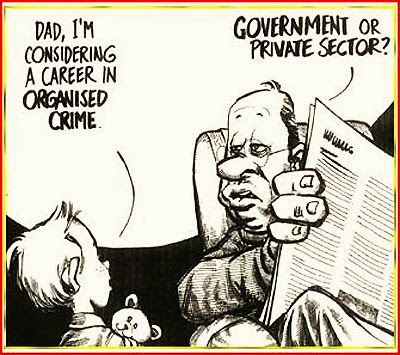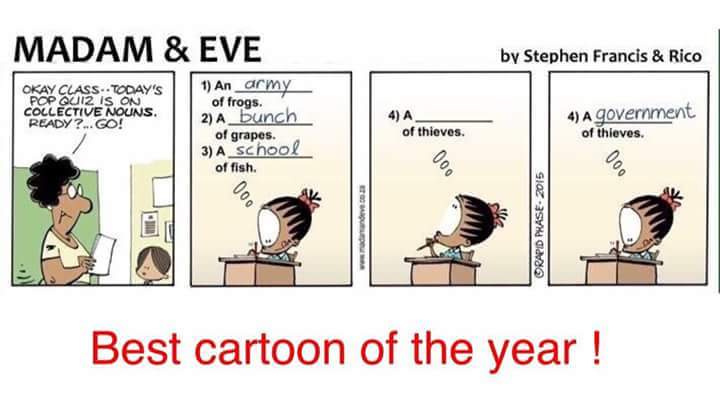A few days ago, my wife took an injured foreign employee to see an Ipoh GP, Dr. Ho Tak Ming, and she bought an autographed copy of his book, “Doctors Extraordinaire”, which I have been reading selectively.
There were many outstanding doctors mentioned but I was most attracted by the story behind a doctor’s wife, Sybil Kathigasu, who suffered and later died of serious injuries after being tortured by Japanese soldiers for not telling on the hundreds of local freedom fighters. Her husband’s former clinic in Papan, Perak is now a historic reminder of her courage and heroic act.
I was also attracted by the story on the descendants of Confucius, “Khong Thye Cheng who did well and became the patriarch of an illustrious family, later spread in Malaysia and Singapore. He was able to send his third son, Khong Kam Tak, to study medicine in England. Dato’ Dr Khong Kam Tak, born in Penang on 30th December, 1884, was a direct descendant of K’ung Fu-tze of the 74th generation. Together with forty to fifty thousand male-line descendants of the K’ung family in China and elsewhere, according to Debrett’s Guide to Tracing your Ancestry, they had possibly the oldest traceable human Y-chromosomes in the world! Moreover, Confucius himself was a scion in the direct male line, through the dukes of Sung, of the proto-historic Shang dynasty (1766-1121BC).”
“In the present-day city of Qufu in Shandong province, the house of K’ung Fu-tze still remains, the place where he taught his disciples, his tomb and the surrounding forest where a hundred thousand of his male descendants are buried. Their genealogy had been treasured by Chinese scholars throughout two and a half millennia in the great Chia Pu or family name book. Qufu is the unacknowledged Vatican of China, patrimony of Confucius’ descendants, ‘the first family under heaven’. Here they lived for nearly 2,000 years until the Mongol and Manchu invasions from the north forced many of them to flee to the south, some settling down in the province of Kwangtung. In the nineteenth century, when China’s economy was disrupted following the Opium Wars and the opening of the Treaty Ports, resulting in the disintegration of provincial government and increasing lawlessness, some clan members had to go even further south, across the southern ocean to a new country. The boat that these pioneers sailed in landed at Lumut in Perak, on the west coast of Malaya. They stayed there for some time, then went further north and finally settled in Penang.”
“K’ung Fu-tze was the first and greatest teacher and philosopher in China. With persistence and selflessness, he set about to bring order and peace to the anarchy of his age, wandering through the states of China looking for a ruler willing to employ him and his ideas in the government, and gathering disciples to transmit these ideas to them. He believed that the solution to the ills and evils of society was a return to virtue – by embracing the ideals of jen (humanity or benevolence), chih (uprightness), I (righteousness), chung (conscientiousness towards others) and shu (reciprocity). Shunning any divine or supernatural sanction for his teachings, he concentrated instead on humanism, emphasising man’s potential for perfectibility, of becoming a chun-tzu, a gentleman or ‘superior man’, through learning and culture, and through observance of li, the proper rites or proprieties, and the attainment of a perfect moral order through correct human relationships in a hierarchical society. The Confucian Way, said the T’ang scholar Han Yu, was a way of action: action animated by the ideal of justice and motivated by love for all men.”
“For centuries the Confucian school remained only one among many rival schools of philosophy. It was during the Han, in the second century BC, that Confucianism was declared the official creed of the country, and the Confucian classics became the main, if not the sole, study of all scholars and statesmen. Government was basically an ethical problem, and the first duty of the ruler was to set an example of sound ethical conduct. It was his virtue, and the contentment of the people, that was the true measure of political success. Confucius was China’s first great moralist, the founder of a great ethical tradition in a civilisation that above all others came to concentrate on ethical values. It was Confucian ethics that provided the spiritual basis in Chinese civilisation, comparable t that of religion in other civilisations, giving it stability and resilience, enabling it to remain essentially unchanged for over 2,000 years.”
“Until its disintegration early in the twentieth century, the form of government that China had was one of the best in the world, judged by the vastness of the country and the size of its population, its record in promoting the unity of its empire and maintaining order and ensuring justice. The Emperor was supposed to reign but not to rule, and employed upright and able ministers to administer the country. The bureaucracy was recruited through competitive civil service examinations. The men who entered the civil service had a uniform grounding in the Confucian classics. So prestigious was this governing class that the masses, too, were inculcated with Confucian values, which laid great emphasis on correct relations among human beings, beginning with the family. The state was an enlarged family. The people were to be reasoned with and educated on their duties to one another and to the government. Human society could prosper only if men preserved harmonious relations to one another and to the universe about them.”
“In the nineteenth century began the Chinese diaspora, where emigrants from China settled down in all corners of the globe. However, even beyond the four seas, they all shared the same Confucian values: reverence for ancestors, respect for elders, loyalty to family, clan and lineage, diligence and frugality, high regard for education, and a responsible, rational approach to society.”
(Extracts from ‘Doctors Extraordinaire’ by Dr. Ho Tak Ming)
I think the story on Confucius is particularly helpful to those not literate in Chinese, like myself and my children, and non-Chinese, in understanding the traditional values and mindset of the Chinese all over the world.
How should we judge a government?
In Malaysia, if you don't watch television or read newspapers, you are uninformed; but if you do, you are misinformed!
"If you're not careful, the newspapers will have you hating the people who are being oppressed, and loving the people who are doing the oppressing." - Malcolm X
Never argue with stupid people, they will drag you down to their level and then beat you with experience - Mark Twain
Why we should be against censorship in a court of law: Publicity is the very soul of justice … it keeps the judge himself, while trying, under trial. - Jeremy Bentham
"Our government is like a baby's alimentary canal, with a happy appetite at one end and no
responsibility at the other. " - Ronald Reagan
Government fed by the people

Career options

I suggest government... because nobody has ever been caught.
Corruption so prevalent it affects English language?

Corruption is so prevalent it affects English language?
When there's too much dirt...

We need better tools... to cover up mega corruptions.
Prevent bullying now!

If you're not going to speak up, how is the world supposed to know you exist? “Orang boleh pandai setinggi langit, tapi selama ia tidak menulis, ia akan hilang di dalam masyarakat dan dari sejarah.” - Ananta Prameodya Toer (Your intellect may soar to the sky but if you do not write, you will be lost from society and to history.)
No comments:
Post a Comment